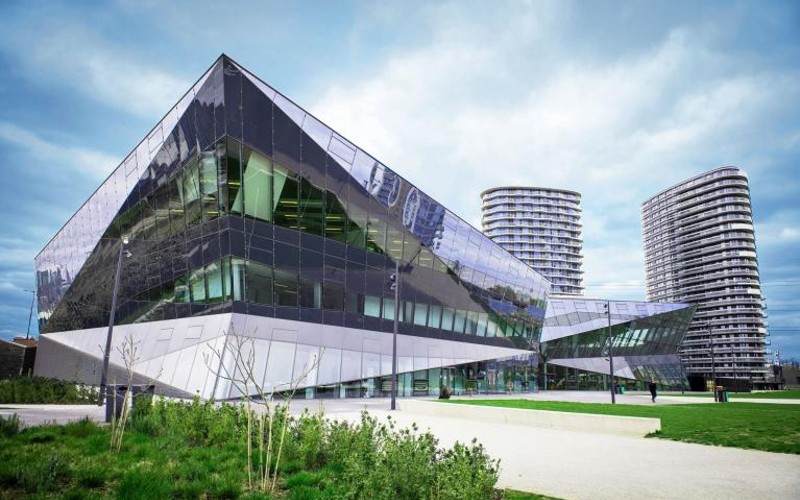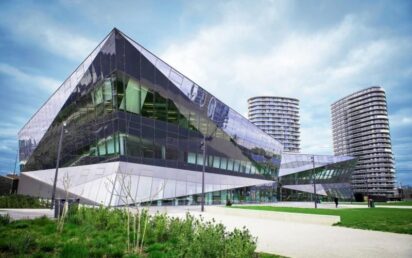This month leaders in the built environment space came together at London’s City Hall to discuss the future of the facilities management industry.
Tech, data and ESG were at the heart of the discussions, with a mix of expert panels and speakers giving delegates insights into the future direction of the industry.
Attendees also saw the launch of a new whitepaper – Technological Disruption in Facilities Management: Achieving Net Zero by 2050 – from No.2-ranked PropTech 50 firm Cloud aimed at laying out how the journey looks.
The evolution of AI, the adoption of IoT, and the synthesis of big data will all be needed for the FM industry to tackle the problems of climate change and economic headwinds.
Cloud’s whitepaper concludes that the industry should prioritise investments in these areas – but it also recommends greater collaboration across the industry as well as a continuous drive to upskill and educate the workforce to meet the needs of future demands.
When ego and pride are out of control, they will destroy you
The first step to achieving all of this is a shift in the mindset of business leaders. Take, for example, the challenge of ensuring that ESG becomes the red thread that weaves its way into everything that businesses do.
How do we firmly establish the principles of ESG into the boardroom and ensure that our leaders aren’t just paying lip service to it?
As Chris Judd, partner and head of sustainability at Burson Buchanon, told Cloud’s head of ESG Kat Christoloulos: “I would hope that, in 2050, there is no such job as ‘Head of Sustainability’.
“I would hope it’s just part of what we do [as a business].”
Tech like AI, AR and predictive maintenance may seem futuristic, but the building blocks to adopting these solutions are available today.
Stuart Ruthven, Cloud’s head of product, gave a live demonstration of how its Mindsett Prism box can be used as a bolt-on to its Freedom platform.
Together, these allow users to understand in real time if there is a problem with one of their assets, call an engineer the same day, and see proof that the work done to the asset has fixed the problem either permanently or temporarily.
By 2050 these will be commonplace, but the equation is simple: the earlier they are adopted throughout the built environment, the more evolved they will be in 25 years’ time – and the further along the journey to net zero and mitigating the worst effects of the climate crisis we will be.
You can read more about Cloud’s roadmap to 2050 and download the whitepaper from this link on its website.
PropTech 50 – Most innovative UK property tech creators for 2023


